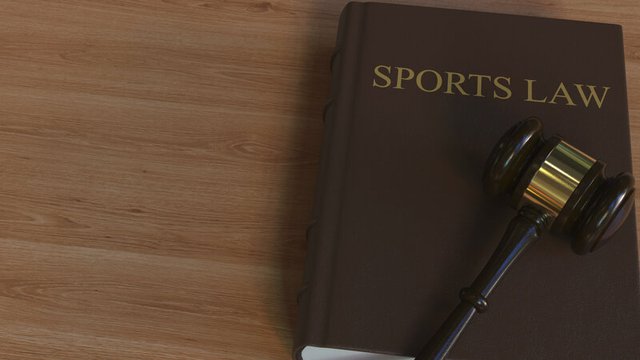
When we think about the world of sport, we often think about the players and athletes, the managers, coaches, physios and nutritionists – all of whom play a key role in a teams’ success. However, one role within the sporting world that can be overlooked but is vital for any organisation in whatever sport, is the figure of the sports lawyer. This is a person who deals with all aspects of law within the sporting context, from contact law to trademark and copyright law.
In this post, we’ll look in detail at the profile of the sports lawyer and what you’ll need to study if your aim is to become one, for example the Master in Sports Law LLM at Real Madrid Graduate School – Universidad Europea.
Sports law refers to the body of legal rules, regulations, and principles that govern various aspects of sports activities. It encompasses a wide range of legal issues that arise in the context of sports, including professional sports, amateur sports, and recreational activities. Sports law covers both the legal framework within which sports are conducted and the legal rights and obligations of athletes, teams, governing bodies, and other stakeholders involved in sports.
With the area of sports law, there are many sub-areas that lawyers may specialise in. These include:
As you can gather from the list above, there are many sub-areas of sports law. That means that the role of a sports lawyer is very varied, not only on the issues they may be working on or specialise in, but it also depends on the sport, the size of the organisation they work in, and their own experience. However, to give you an idea of what is involved, the following are some typical tasks a sports lawyer works on:
As well as having a solid legal training and a specialisation in sports law, there are a number of skills that you should possess if you want to work in this field, such as:
To be successful as a sports lawyer, there are several important qualities that are necessary. These include:
There are different routes into being a sports lawyer depending on the country you wish to operate in. The most traditional route is to study an undergrad degree in law, or a subject that could be relevant to it, such as history. And the next step is to specialise in sports law with a master degree, such as the one mentioned earlier.
At Universidad Europea, we opt for an academic model based on experiential learning, meaning that what you learn, you’ll also put into practice. You’ll be able to take part in internships and work placements at leading law firms and within the legal departments of sports organisations. In addition, you’ll also participate in Moot Court courses in which you will resolve issues and real cases seen by the Court of Arbitration for Sport (CAS).